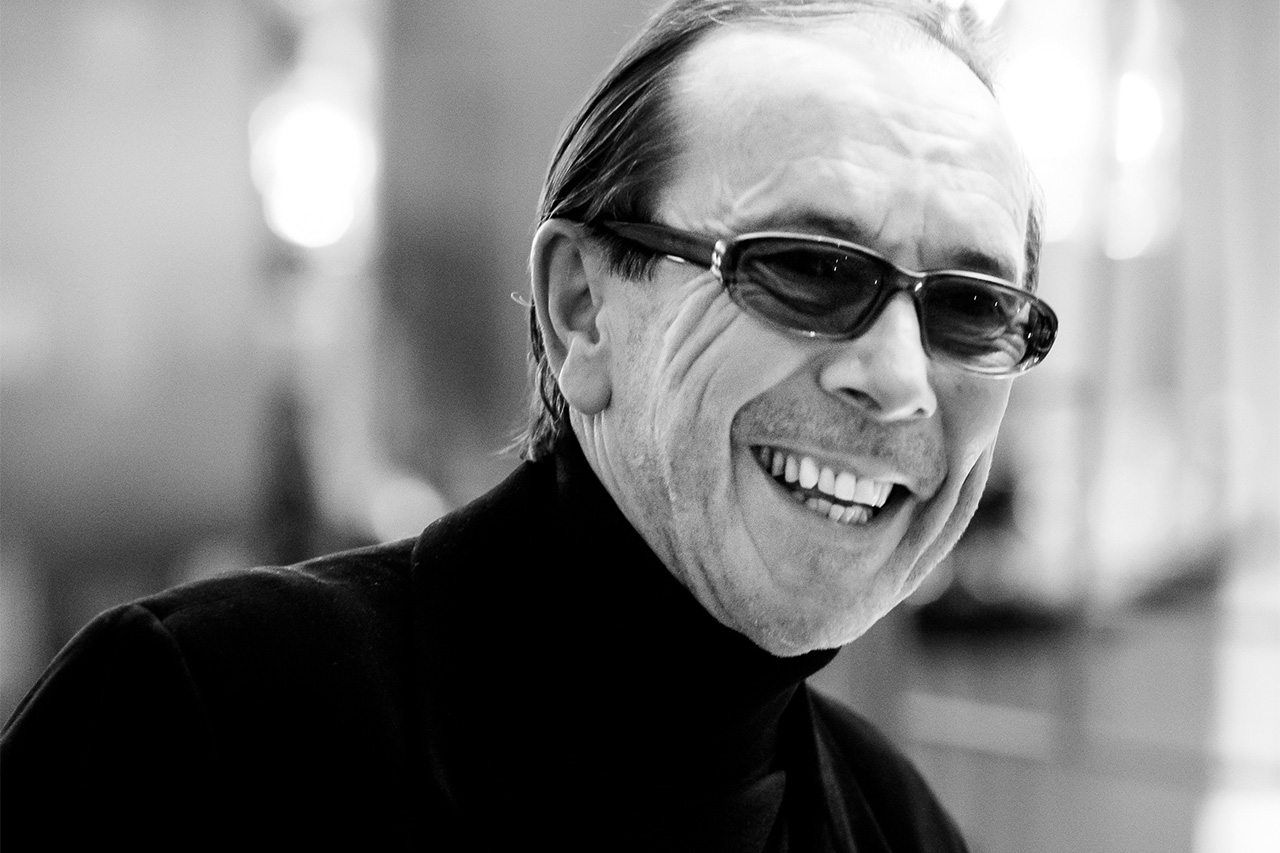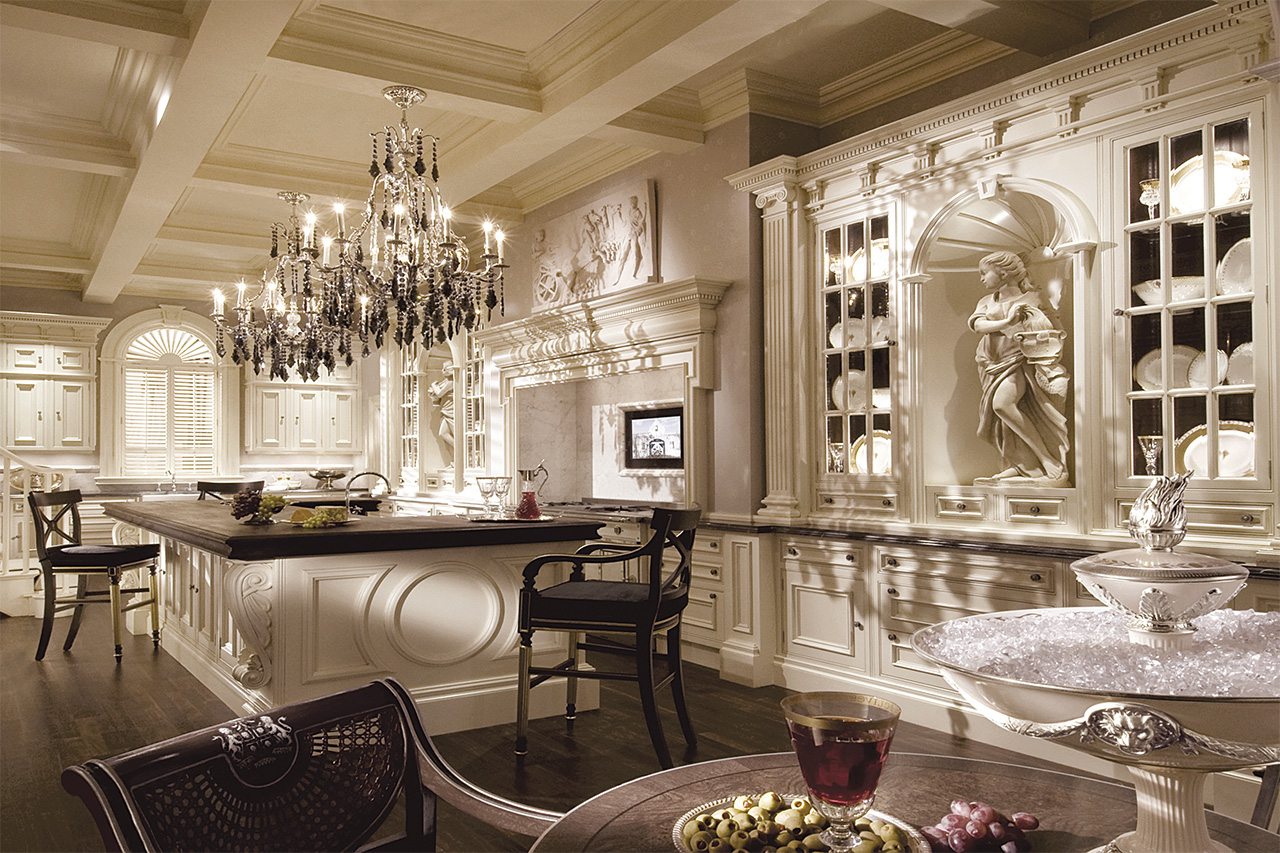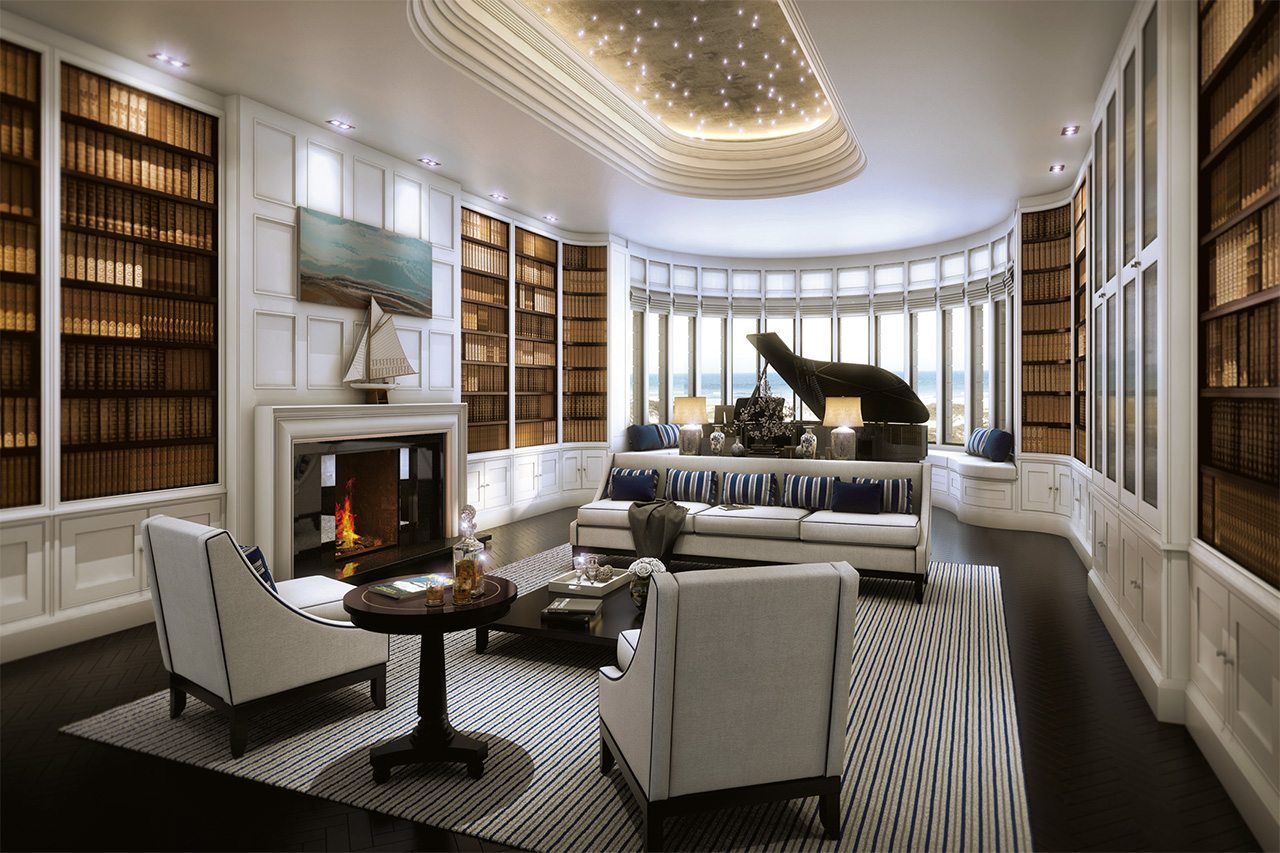How Designer Clive Christian Achieved Self-taught Success
The designer of the world's most expensive scents and interiors shares all with C&TH
In a rare interview, Clive Christian tells Richard Hopton how he achieved self-taught success and why he’s proud of being British…

Above: Clive Christian
Clive Christian made his name and his fortune with kitchens. They are top-quality, ornate and expensive, superyachts for the home, embodying the zeitgeist of the Age of the Oligarch. In the 1990s, he branched out into the rarefied world of haute parfumerie by buying the venerable Crown Perfumery Company. Clive produced his first range of scents in 1999 and has recently launched the seventh, Noble VII.
Noble VII, like all Clive’s scents, is conceived as a pair: Rock Rose is the more masculine and Cosmos Flower the more feminine. It draws its inspiration from the garden surrounding Clive’s Queen Anne house in Cheshire. Some years ago, standing on the roof, he noticed the vestigial outline of the former parterre and decided to restore it to its original state. They celebrate the architectural and horticultural glories of the Queen Anne period. The two scents are Clive’s first foray into the fougère and gourmande olfactory families.
Follow your nose
Clive happened upon the Crown Perfumery Company in the mid-1990s. At the time he was casting around for an opportunity to ‘build a great British brand, rather than a product category’. ‘I needed to do it,’ he says, ‘to develop a brand, something that would be intact when I’m dead and gone.’ It was as much, he admits, an intellectual and commercial challenge as a business enterprise. He had tried unsuccessfully to buy Hardy Amies on Savile Row and had considered setting up businesses in a number of luxury markets including silk, leather and jewellery.
When Clive acquired the Crown Perfumery Company it had an annual turnover of £80,000, stock worth £1m, a shop in the Burlington Arcade and, importantly, a long and distinguished provenance. Founded in 1872, it was Queen Victoria’s favourite perfumer. The Queen granted the company the right to use a crown as its bottle stopper as a mark of her patronage. As the Royal Warrant system was already then in place, this was a true sign of the monarch’s personal esteem.
Clive then set about creating new scents with his customary vigour. Although not himself a perfumer, he ‘had strong ideas’. He assembled a team of top perfumers and set them to work. ‘I gave them free rein,’ says Clive, ‘more or less unconstrained by expense.’ His scents are high-quality products. They all contain at least a hundred ingredients, some feature two hundred.
Reimagining the rules

Above: A kitchen from Clive Christian’s Architectural range
Clive is first and foremost a designer. He is entirely self-taught, drawing some consolation from the fact that Hardy Amies was also self-taught and ‘he did all right’. He began as a general interior designer but was drawn to the kitchen as it was often the most problematic room. When he started in the 1980s, kitchens were ‘very utilitarian’. Clive’s designs recognised that the modern kitchen was more than simply somewhere that food was prepared and eaten; it was an important living space, an idea now universally accepted. ‘To reinforce the fact that the kitchen was not a utilitarian space, I began to hang a great big chandelier in it. I took a good deal of flack for this at the time,’ he remembers ruefully. At the same time he started opening kitchens out, expanding them into the surrounding space.
This ambition stretched his ability to source the necessary high-quality fittings and furniture, so he bought a factory in Lancashire which now makes all the component parts. As he says, ‘all we need now is trees’. The factory employs a hundred craftsmen and 20 administrative staff. The business has changed, too: nowadays kitchens – of which the company makes about 50 a year – comprise around 40 per cent of production. Libraries are now the second-largest line.
Global mindset, British heart

Above: A library from Clive Christian’s Alpha line
Clive Christian kitchens were soon well known in Britain but as he ‘wanted to make it a global brand’ he moved to New York. It worked: ‘The world started to beat a path to my door. We export all over the world,’ he says. ‘It is very exciting and very British.’ Living abroad made Clive very proud to be British. ‘All too often,’ he says, ‘we don’t see our country clearly; we’re so cynical about it, whereas, in fact, Britain is a breathtakingly impressive country with a huge amount of talent.’
This powerful sense of Britishness infuses Clive’s businesses, both the kitchens and the scents. The company has been granted arms by the College of Arms – the elaborate scroll occupies pride of place in the hall of the company’s headquarters in Mayfair – which Clive sees as the happy and logical conclusion of Queen Victoria’s patronage of the Crown Perfumery Company 150 years ago. The company may revere tradition, craftsmanship and history but, as a commercial operation, it constantly looks to the future, too.
Look out in April for ‘Rococo’, Clive Christian’s new range of scent.
